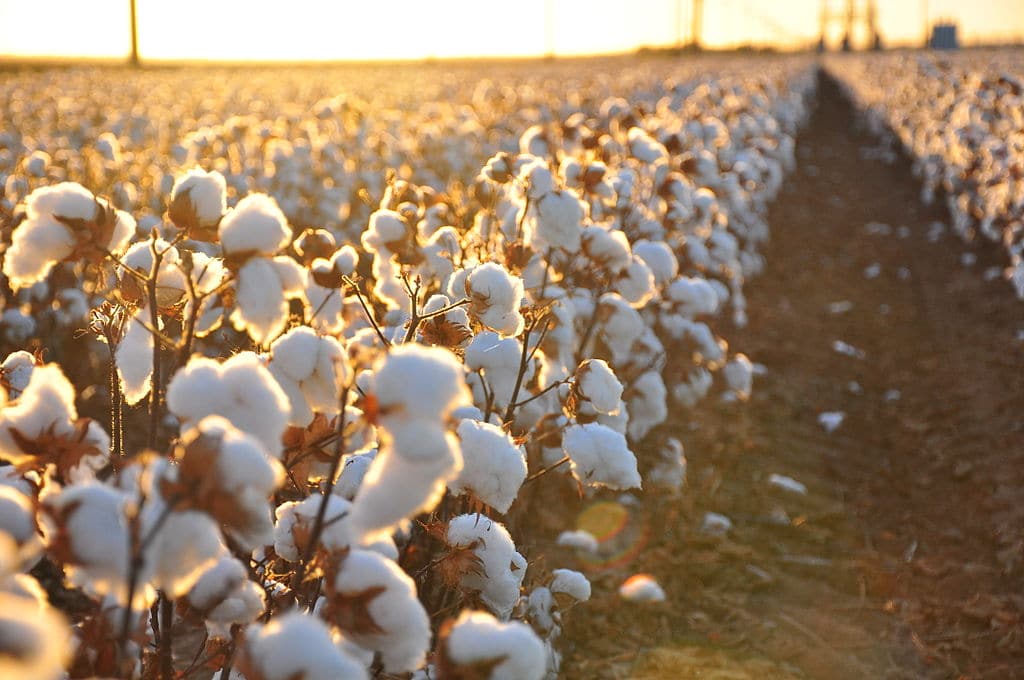Cotton is one of the most widely used natural fibers in the world, known for its comfort, breathability, and versatility. Many of our everyday items, from clothing to bed sheets, are made from 100% cotton. But have you ever wondered what happens when you wash 100% cotton? In this article, we will delve into the science behind washing cotton and explore the effects it has on this popular fabric.
- Understanding the Composition of Cotton:
To comprehend the impact of washing on cotton, it's crucial to understand its composition. Cotton fibers are made up of cellulose, a complex carbohydrate that forms the structural framework of the plant. These fibers are held together by hydrogen bonds, giving cotton its strength and durability. - The Washing Process:
When you wash 100% cotton, several factors come into play. Firstly, the mechanical action of the washing machine agitates the fabric, causing the fibers to rub against each other. Secondly, water and detergent are introduced, which help to remove dirt, oils, and other impurities from the fabric. Lastly, temperature variations during the washing cycle can affect the cotton fibers. - Shrinkage and Dimensional Changes:
One of the most common effects of washing cotton is shrinkage. Cotton fibers have a natural tendency to contract when exposed to heat, moisture, and mechanical stress. This shrinkage can lead to a change in the dimensions of the fabric, causing clothes to become smaller or lose their original shape. To minimize shrinkage, it is recommended to wash cotton in cold water and avoid high-temperature drying. - Color Fading and Dye Stability:
Another aspect to consider when washing cotton is the potential for color fading. Cotton fabrics are often dyed to achieve vibrant and attractive colors. However, repeated washing can cause the dyes to fade over time. Factors such as water temperature, detergent choice, and exposure to sunlight can accelerate color loss. To preserve the color of your cotton garments, it is advisable to wash them inside out and use color-safe detergents. - Wrinkling and Creasing:
Cotton is prone to wrinkling and creasing, especially when subjected to the washing process. The agitation and drying stages can cause the fabric to become tangled and folded, resulting in unsightly wrinkles. To reduce wrinkling, it is recommended to remove cotton items from the washing machine promptly and shake them out before drying. Ironing or steaming can also help to smooth out any remaining wrinkles. - Maintaining Cotton's Softness and Absorbency:
While washing can have some negative effects on cotton, it is essential to note that proper care can help maintain its softness and absorbency. Using fabric softeners or vinegar during the rinse cycle can help restore the fabric's soft feel. Additionally, avoiding excessive detergent usage and opting for gentle, eco-friendly options can prevent residue buildup and preserve cotton's absorbent qualities.
Conclusion:
Washing 100% cotton involves a delicate balance between maintaining cleanliness and preserving the fabric's integrity. Understanding the science behind washing cotton can help you make informed decisions when caring for your cotton garments and household items. By following proper washing techniques and considering factors such as temperature, detergent choice, and drying methods, you can ensure that your cotton items remain in excellent condition for years to come.


